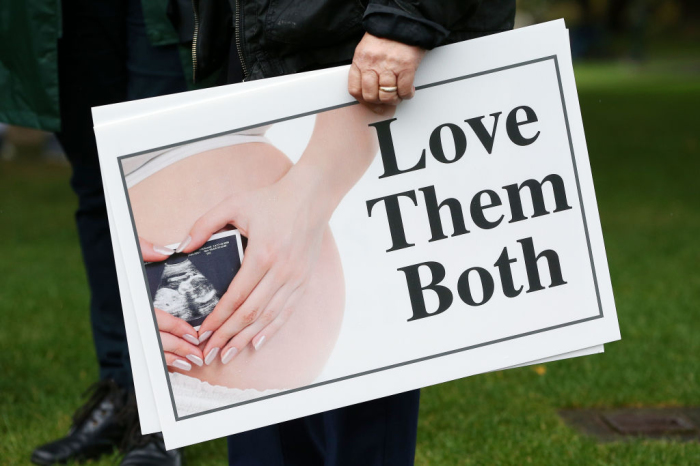Abortion rate continues to decline

The Centers for Disease Control (CDC) has released abortion data for 2016, indicating that the U.S. abortion rate has continued to decline, a trend that began in 1980. Between 2015 and 2016, both the number of abortions and the abortion rate (the number of abortions per 1,000 U.S. women of childbearing age) decreased by about 2 percent. The decline was fairly consistent, as 33 of the 46 states that reported abortion data saw their numbers decline. This is good news for pro-lifers, and for anyone who wants to see the incidence of abortion decrease.
While much of the analysis of new abortion data typically focuses on short-term trends, the long-term decline in the U.S. abortion rate is even more impressive. According to the CDC, the abortion rate has fallen by more than 25 percent between 2007 and 2016 among the 47 states that reported abortion data consistently during that timespan (excluding California, Maryland, and New Hampshire, which did not report abortion numbers). The data also indicate that the abortion rate has fallen by approximately 50 percent since 1980. The abortion trends reported by the CDC are similar to those shown by estimates from the Guttmacher Institute, which in September released its estimates for U.S. abortion data for 2017.
Most of the media coverage of declining abortion numbers typically credits increased contraception use. But commentators often overlook a key factor in the long-term abortion-rate decline: the fact that a higher percentage of women with unintended pregnancies carry them to term. Data from Guttmacher show that between 1981 and 2011, the percentage of unintended pregnancies that resulted in an abortion fell from approximately 54 percent to 42 percent.
Since the early 1990s, pro-lifers have made gains in public opinion, enacted a higher number of pro-life laws, and established more pregnancy-help centers. The declining abortion numbers, and the fact that more unintended pregnancies are being carried to term, is nice evidence that these pro-life efforts have been effective. Hopefully, the new CDC data will encourage pro-lifers and inspire them to continue their lifesaving efforts.
Originally posted at National Review.




























